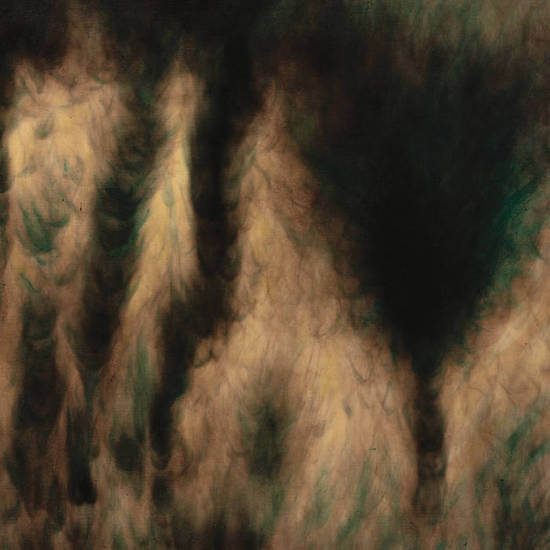William Basinski took the long road to relative fame, through Texan art school and New York arts spaces, failing to bother the limelight while he accumulated ideas and tapes of muzak, nabbed from the airwaves, stretched and slowed. What it left him with was a well-packed vault.
Unearthing a heap of these tapes in the back of his New York loft in 2001, Basinski discovered the wasting effect endless looping had on them and realised its potential. Letting magnetic nature do its thing, he came up with The Disintegration Loops that became a magnificent, mournful elegy to the victims of 9/11 and made his name. Just pieces of experimental music, playing over and over again.
If it all sounds simple – if fiddly – the magic is in the imagination, Basinski’s and ours. The repetition is mesmerising, bringing on a dream state at best or a kind of forgetful distraction at least, letting music take almost physical shape, a shape your mind populates. But its emotional heft is in the slow decay of the loop, the degrading of the source causing it to change gradually and then dramatically. If The Disintegration Loops start as a grand statement, they end as a scratched message, still just about recognisable as the same story, but robbed of flesh and context. They mirror a lifecycle.
For Lamentations, after twenty years of further adventures in musique concrète and beyond, Basinski has delved back into the boxes of tapes gathered through four decades of messing about with loops and clarinets, and come up with a kind of greatest hits. Where The Disintegration Loops and releases in between (like single-suite meditations Vivian & Ondine and Cascade and last year’s near-symphonic On Time Out Of Time) have felt all of a piece; Lamentations has more of a sense of separation, tracks you can pick out as individual moods. There’s a pervading feeling of grief as the title suggests, but each morsel offers something different, a glimmer of hope maybe, or a crushing end. ‘Transfiguration’, with its elegant swell of horns, picks some prettiness out of the gloom; ‘Silent Spring’ conjures a monster out of the white noise.
‘For Whom The Bell Tolls’ is thick with foreboding, its rather literal bell struggling to emerge from the storm before dominating then fading again. It’s a vast chasm of noise that takes you to the halls of Hades. ‘O, My Daughter, O, My Sorrow’ reverberates through equally wide spaces, but a heavily treated voice ebbs and flows, moving from ghostly suggestion to overpowering force. This isn’t a listen you can drift through. Pieces are punctuated by moments of horror or emotional devastation, with every chime and distant ricochet on ‘Tear Vial’ an ache of the heart, every eardrum buzz of Morse code on ‘Punch And Judy’ a creeping menace.
The off-centre centrepiece of the album is an eleven-minute call-back to former glories. ‘All These Too, I, I Love’ has an ostensible quasi-pop catchiness to match 2019’s ‘4(E+D)4(ER=EPR)’, but its looping of gunshots, French horn and a brief operatic phrases feel closer than anything to The Disintegration Loops – only this time Basinski is cheating a little, fading elements in and out, adding longueurs, maybe even cutting up sounds deliberately. That’s his prerogative, and the results are beautiful, an upside to all this desolation, a lengthy excursion among the snippets. Perhaps there could have been a couple more of these at the expense of some of the shorter, less obviously complete pieces, but as a fascinating clear-up exercise, Lamentations makes a virtue of its small sorrows.


